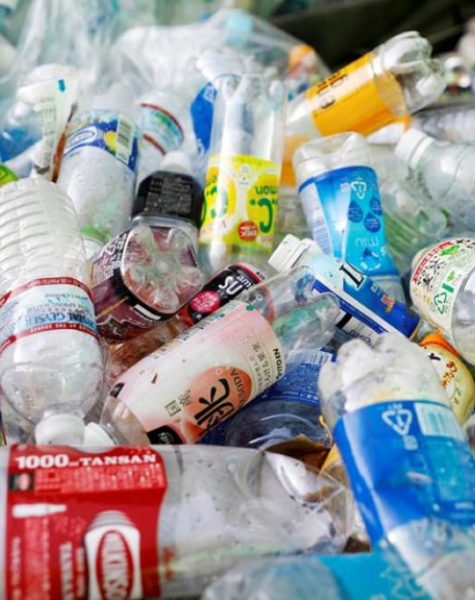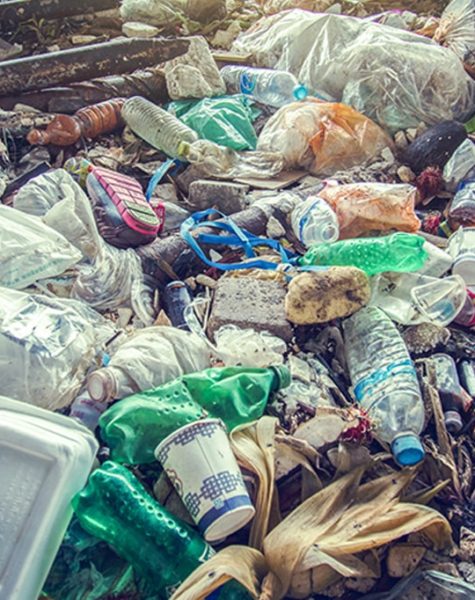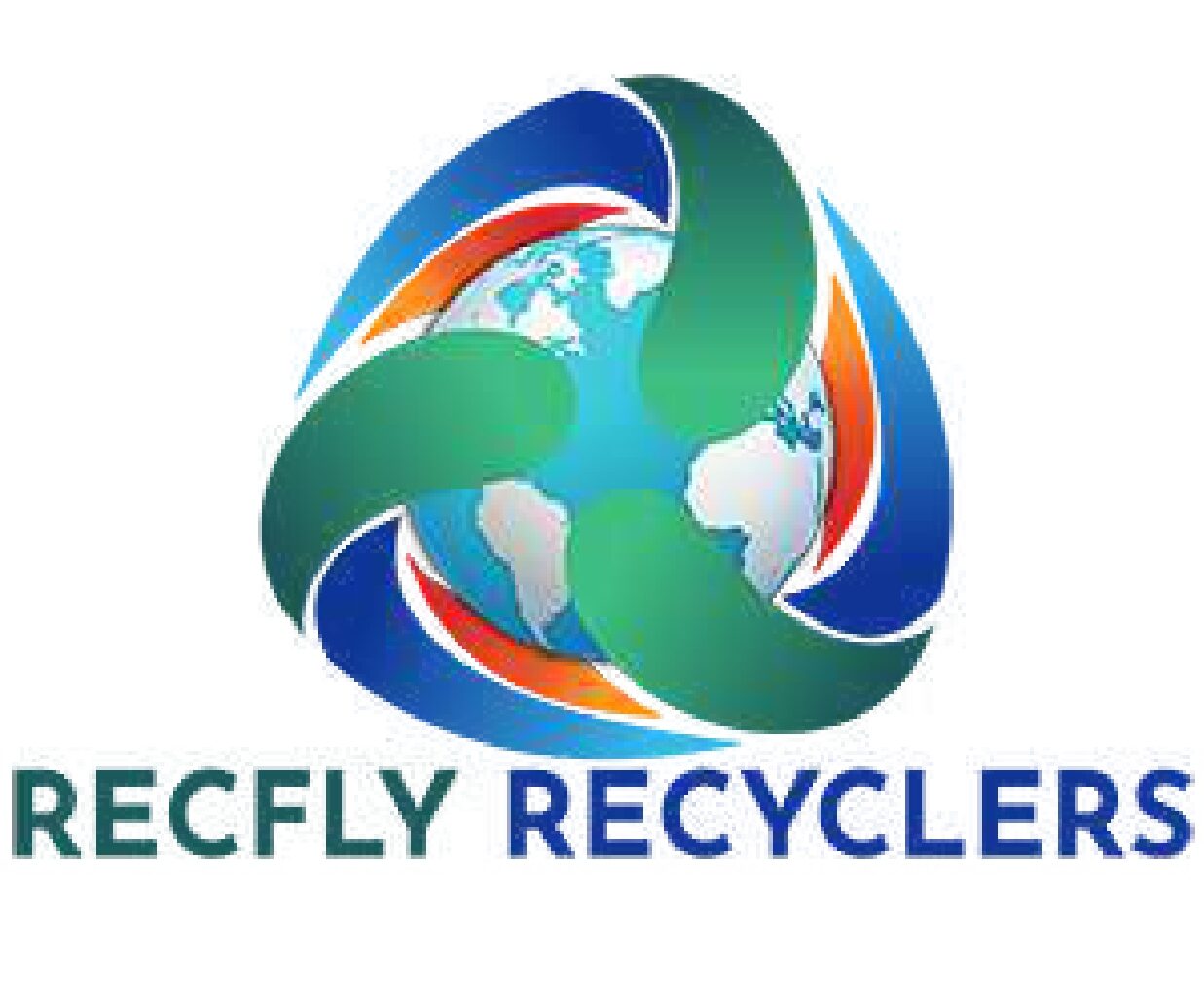Plastic Waste Recycling
Plastic waste, or plastic pollution, is ‘the accumulation of plastic objects (e.g.: plastic bottles and much more) in the Earth’s environment that adversely affects wildlife, wildlife habitat, and humans.’
It also refers to the significant amount of plastic that isn’t recycled and ends up in landfill or, in the developing world, thrown into unregulated dump sites. In the UK, for example, over 5 million tonnes of plastic is consumed each year — and yet only 1 quarter of it is recycled.
The three quarters that isn’t recycled enters our environment, polluting our oceans and causing damage to our ecosystem. In less developed countries, the majority of plastic waste eventually ends up in the ocean, meaning that marine animals are especially at risk.
So much of what we consume is made of plastic (such as plastic bottles and food containers) because it’s inexpensive, yet durable. However, plastic is slow to degrade (taking over 400 years or more) due to its chemical structure, which presents a huge challenge.
Benefits of Reducing Plastic Waste



To reduce your business’ or personal output of plastic waste, try switching from plastic materials to paper or glass wherever you can, as these materials are widely recycled.
Reducing (or ideally cutting out altogether) your consumption of plastic water bottles, plastic bags, and straws can also make a huge difference.
Your commercial waste collector may claim that they recycle a large percentage of your waste, but this can be extremely difficult to trace. In fact, the compliance reporting of London sorting facilities and private commercial waste collectors paints a very different picture.
This information is freely accessible on the WRAP recycling portal — just register your details to download performance reports for numerous recycling sorting facilities and collectors.
